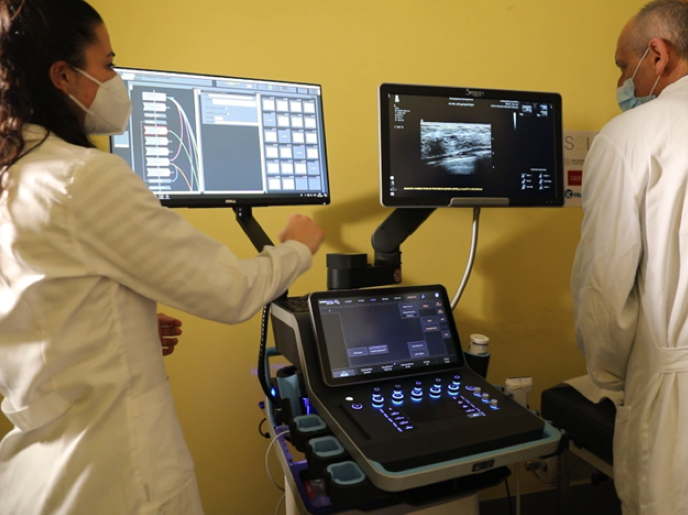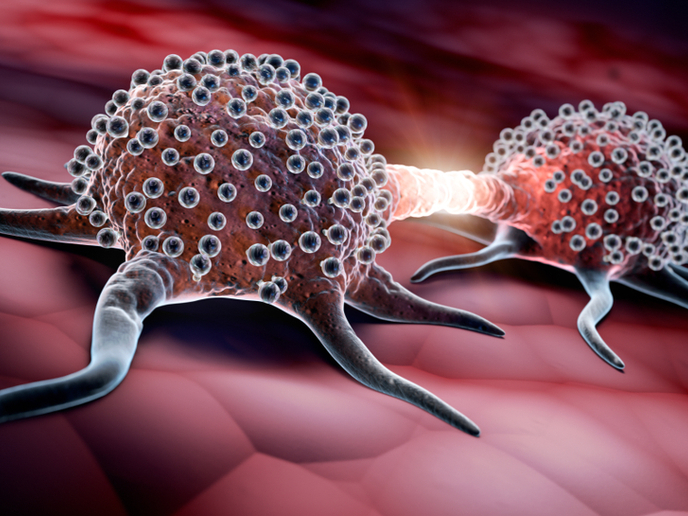Developing the cancer-fighting drugs of tomorrow
With over 2 million new cases diagnosed in 2018, breast cancer remains the most common type of cancer in women worldwide. The good news is that improvements in diagnosis, prognosis and the treatment of primary tumours means there is now a 90 % five-year survival rate. The bad news is that metastatic breast cancer, or cancer that has spread beyond the breast and nearby lymph nodes to other organs, remains uncurable. Recent research into carcinoma cancer has put the spotlight on the role of epithelial-to-mesenchymal transition (EMT). Carcinoma cancers start in the cells that make up the skin or tissue lining the organs. Like other cancers, the abnormal cells divide without control and through metastatic dissemination, which is triggered by EMT, spread to other parts of the body. According to some researchers, interfering with the EMT could be the key to curing breast carcinoma cancer. It is this interference that most interests the EU-funded MATADOR (MAmmary chemoresistant Tumor deAth by Directed cell ORientation) project. “The MATADOR project is dedicated to developing a new cell-based test for drug screening capable of identifying the compounds that best interfere with epithelial-to-mesenchymal transition,” says Mr Manuel Thery, project coordinator.
Developing marketable, cell-based assays
The European Research Council (ERC) proof-of-concept MATADOR project is an extension of the SPICY ERC Frontier Research Starting Grant. In that project, researchers successfully developed an assay to characterise the EMT-state of breast carcinoma cells. “Building on this knowledge, MATADOR is developing the marketable, cell-based assays needed to discover new drugs capable of curing mammary tumours,” explains Thery. A cell-based assay is an experiment performed on cells in culture that tests a given cell function, such as viability, division or migration. According to Thery, one of the biggest challenges researchers faced in conducting these experiments was ensuring their cell-based assays complied with the standard drug screening protocol used by the pharmaceutical industry. This required researchers to reformat their initial assay from small 2x2 cm glass coverslips to the industry-standard 96-well microplates. “The density of cells needed to be highly homogeneous, but the small size of the wells tends to cause the cells to aggregate at the centre and along the edges, which makes cell seeding extremely difficult,” says Thery. “To overcome this, we adjusted the volume and temperature of each individual well to limit the cause of cell aggregation.”
An important first step
With the assays reformatted, researchers then conducted a positive control of forskolin, a compound known to revert EMT. “Our test successfully captured the effect that this compound has on impeding EMT, an important first step towards developing the cancer-fighting drugs of tomorrow,” adds Thery. The project is now actively screening a small library of FDA-approved drugs. Based on the success of this step, researchers will then launch a new research company dedicated to drug testing for pharmaceutical companies.







